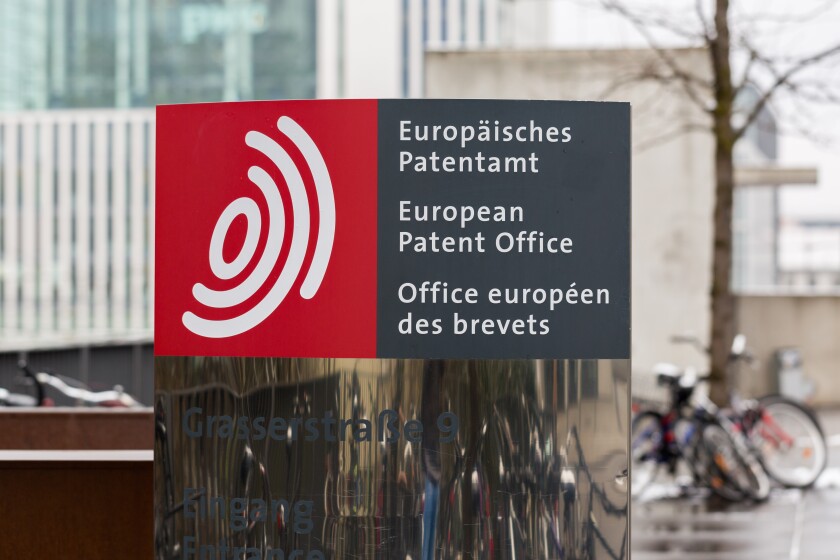The EPO must prioritise patent quality alongside speed of grant, in-house counsel argued at a public roundtable meeting today, December 8.
More than 70 people, including representatives from industry, law firms, and national patent offices, attended the Industry Patent Quality Charter meeting this morning.
Beat Weibel, chief intellectual property counsel at Siemens in Munich and the meeting organiser, said the EPO hadn’t listened to concerns on patent quality.
The EPO focused too much on internal efficiency and speed of grant at the expense of thorough search and examination, he said.
Richard Lloyd, director of patents at HP in France, said the EPO needed to give examiners enough time to be thorough in their work.
“Quality will come from the people the EPO has and the time they are given,” he said.
Joerg Thomaier, head of IP at Bayer in Germany, cited internal EPO correspondence that he said underlined the EPO’s focus on efficiency above quality.
An examiner who raised doubts over the patentability of an application was told to grant it anyway by the chair of his examination division, Thomaier claimed.
Sabine Kruspig, of counsel at Schwarz & Partner in Munich and an EPO examiner from 1992 to 2015, said the office viewed itself as a company with a production line.
Gabriele Mohsler, vice president of patent development at Ericsson in Cologne, was one of several in-house counsel to call for a more thorough examination of inventive step at the EPO.
“We need examiners to rigorously look into the prior art,” she said.
Time trial
Other counsel praised the EPO's work in speeding up grant times and clearing its backlog of patent applications.
Gautier Engisch, vice president and associate general counsel at Procter & Gamble in Brussels, said timeliness had once been a serious problem at the office.
“The EPO heard the complaint and fixed the problem,” he said.
Better searches and examination shouldn't come at the cost of timeliness, he added.
Lloyd of HP said the EPO search was seen as the industry gold standard. He also praised the office for its improvements on timeliness.
But he agreed that the focus should shift to quality, and that examiners should have enough time to do their jobs.
“The EPO is using new technology and trying to increase its coverage of databases, but it isn’t possible to eliminate the human element,” he said.
Cultural leadership was needed from the top to improve quality, Lloyd added.
Other suggestions included training opportunities for EPO examiners at corporate IP departments and an anonymous feedback loop for users.
Representatives from the national IP offices of San Marino, Switzerland, the UK, Hungary, Germany, Austria, Denmark, Finland, Sweden, and Croatia attended the meeting.
The EPO did not send a representative.
A spokesperson for the EPO rejected the criticisms of its internal processes by members of the industry group when contacted by Managing IP last week.











